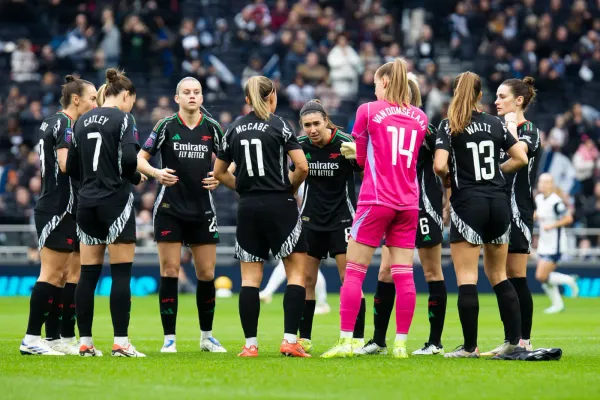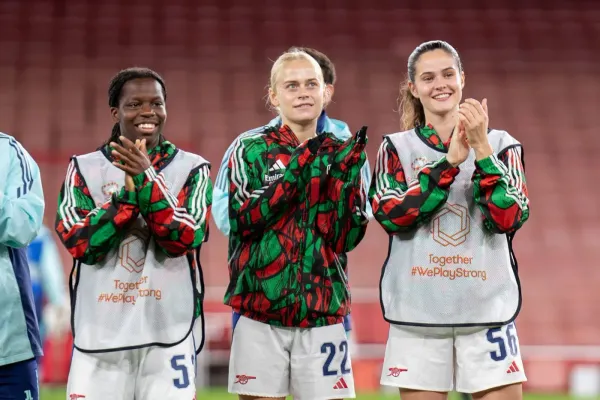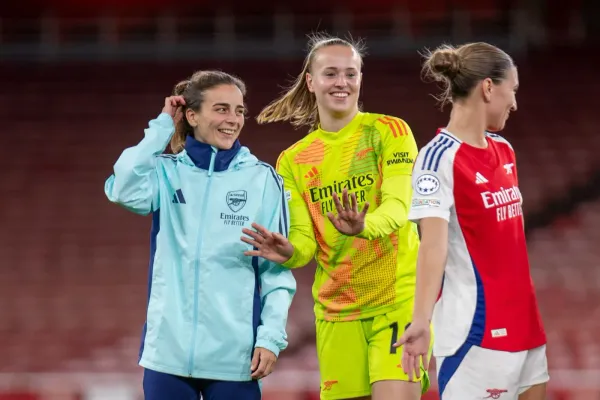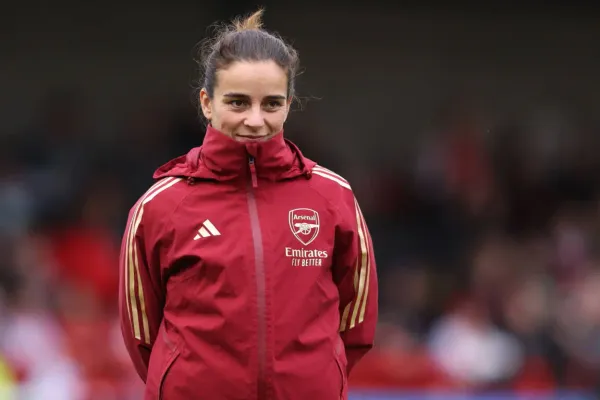When the tree shakes
The aim for Arsenal is to not have to wait for the Goldilocks season
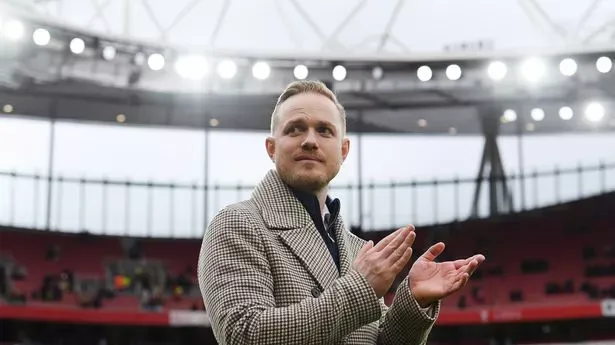
I think one of the under considered aspects of the WSL season is that 22 games is a relatively small sample size. Mathematically speaking, the Premier League’s 38 games is still a small sample size but 22 games can, in my view, really see the league table skew based on a variety of soft factors.
Luck, injuries, over performing your XG or your XG against, just going on a good run of games where perhaps the margins go for you more often than not. In the WSL, a run of hot form can enormously shape where you finish. I think we see this a lot with the teams that finish in 5th place in the league.
In 2021-22 it was Spurs who and that saw some pundits tip them to challenge for Champions League qualification in 2022-23. Of course, that didn’t materialise, manager Rehanne Skinner was sacked during that season after an indifferent spell and it was Aston Villa, supercharged by their acquisitions of Rachel Daly, Kenza Dali, Kirsty Hanson and Jordan Nobbs, who finished 5th.
Sure enough, they were tipped for an assault on Champions League qualification this year that also hasn’t materialised. I think something similar has also happened in the title race in recent seasons. This season, Chelsea’s biggest challengers are, currently, Manchester City. City lost Champions League qualifiers on the back of the bulk of their players being at international tournaments in the summers of 2021 and 2022.
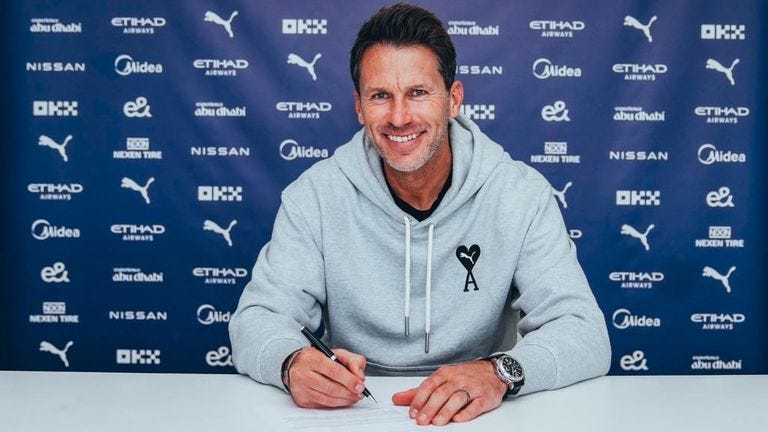
In 2021, they endured an injury crisis at the outset of the season which enormously disrupted them (Chloe Kelly, for instance, ruptured her ACL in May 2021). In 2022, as well as playing Real Madrid in a Champions League qualifier, City lost Caroline Weir to Real Madrid, Georgia Stanway to Bayern Munich and Lucy Bronze and Keira Walsh to Barcelona. They were essentially in shock and lost their first two WSL matches of the season. City recovered their form but it was too late to make an assault on the title and they finished 4th.
At the top of the table, a short run of poor form can damage you irrevocably. City had a pair of traumatic summers that saw them fail to compete for the title. Fast forward to this season and City had a very settled summer, had no significant player losses, only brought in Jill Roord (a player they really needed for their first eleven) and they had no summer Champions League qualifier. Against that more settled back drop, they have enjoyed a much stronger season.
The same was true of Manchester United last season, who had no European football to distract them and a really good run with injuries. They scored six more goals than City and seven more goals than Arsenal despite creating significantly lower XG than both. In other words, they were running hot (as well as being very good. Both things can be, and are, true).
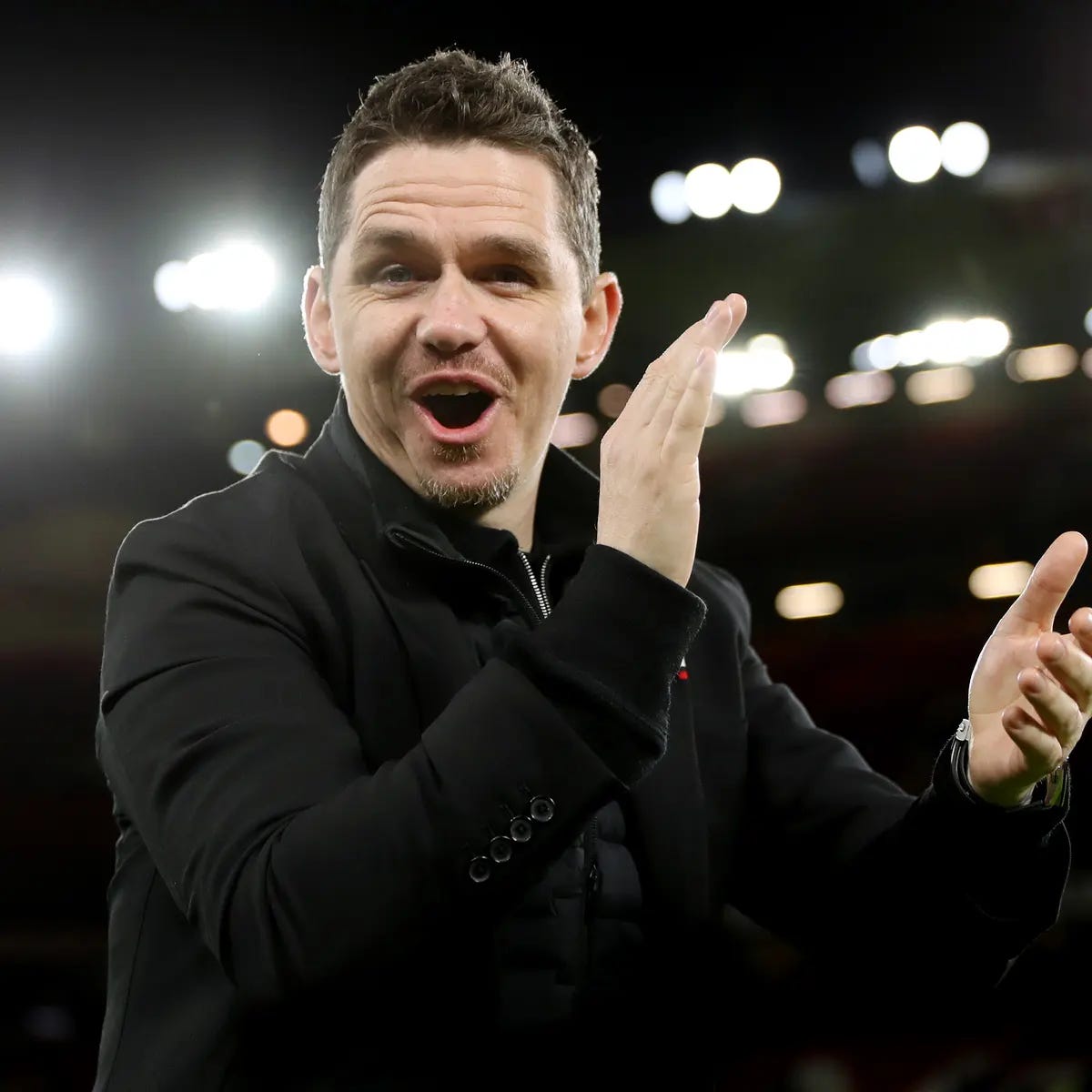
That relatively serene backdrop saw United establish themselves as the main challengers to Chelsea. This season, they have lost Batlle and Russo and suffered far more with injuries, as well as with the coach tinkering with the side tactically and they now find themselves cut adrift in 4th place. They are probably better than the points total they have managed this season but not as good as the points total they amassed last season.
The sample size got a little bigger and some of those soft factors tipped from favourable to unfavourable, as will inevitably happen over an extended time period. Which brings us onto Arsenal. With the caveat that I certainly did not expect Arsenal to lose to Liverpool, Spurs and West Ham, I was expecting a bit of a transition season this year. (I still expected to challenge for the WSL title).
This was largely due to the volume of player acquisition over the last year and the time that inevitably takes to settle down. I also think having to play an unsuccessful Champions League qualifying round so close to a World Cup hosted on the other side of the planet was a significant earthquake for Arsenal’s pre-season.
When it happened to Manchester City in 2022, they lost their first two WSL games of the season against Aston Villa and Chelsea. When it happened to them in 2021, they lost their first two home games of the season against Spurs and West Ham and were thrashed 5-0 away at Arsenal. They took one point from their first four games. In losing out to Arsenal for third place in 2022-23, City lost the battle but won the war.
So what does all of this mean? Well, first of all, it means that even if Arsenal cannot win the title this season, 2nd place is a significant carrot to aim for to avoid the poisoned chalice of the first UWCL qualifying round (even though few players will be at the Olympics this summer, which ought to make it easier to manage).
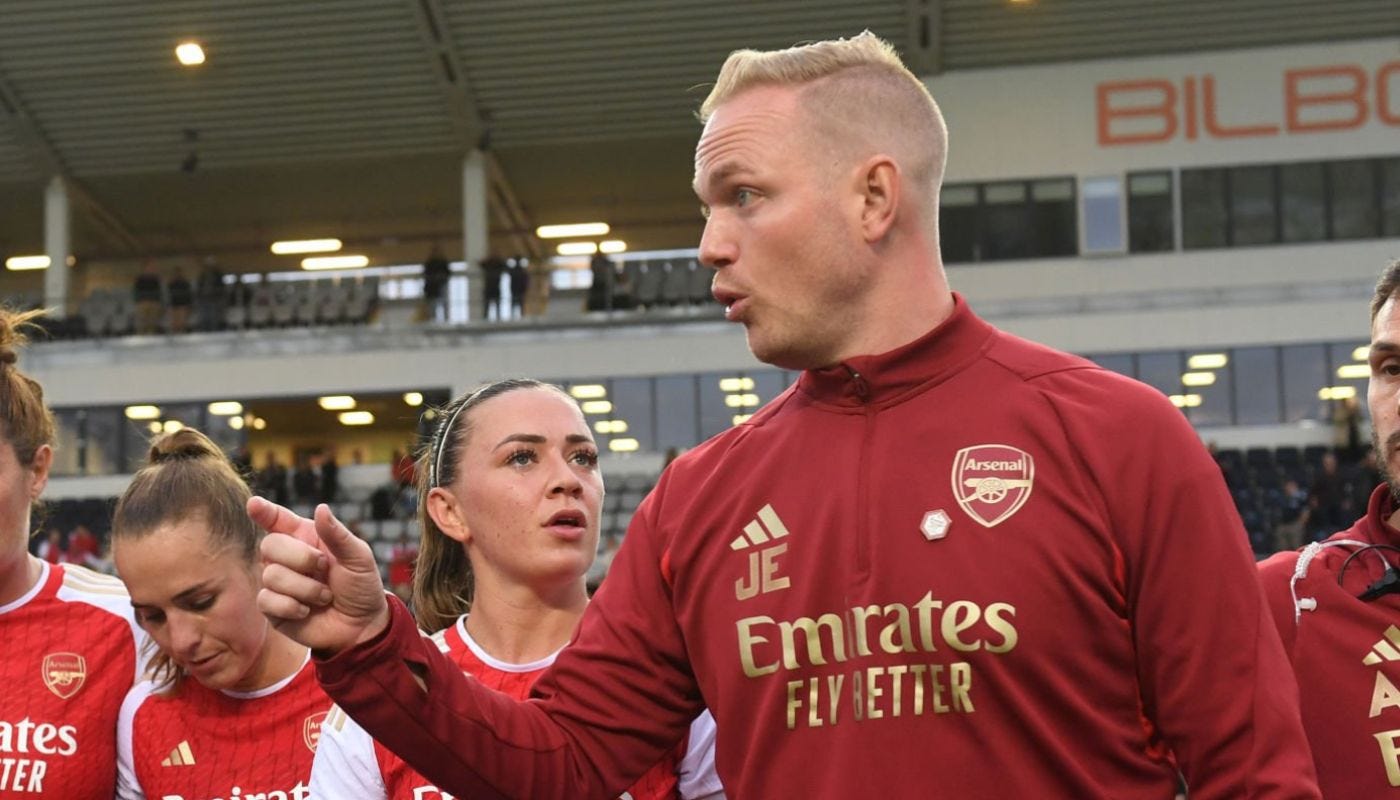
I think it also says something about Chelsea, who have dominated the league during this time. Until now Chelsea have had so much stability through Emma Hayes’ management that they don’t require ‘the Goldilocks season’ to guarantee competing. Generally they are sure enough of their principles to withstand a bit of turbulence.
That is being tested very heavily now with the losses of Millie Bright, Sam Kerr and the announcement that Hayes is to depart at the end of the season. In the pursuit of stability, Arsenal awarded manager Jonas Eidevall a new contract last summer while Gareth Taylor and Marc Skinner are in the final months of their deals and Chelsea try to source a replacement for Hayes.
For Arsenal (and indeed the two Manchester clubs), the aim is to replicate Chelsea’s resilience when the tree shakes. Chelsea themselves are about to go into a major transition as they lose the totem pole figure of the club. Arsenal have to be able to capitalise on that. They have invested heavily in many players over the last year and they have thrown their weight behind the manager at a time when their competitors don’t currently have that level of certainty.
The aim for Arsenal is to become that stable club that relentlessly challenges for every trophy every season, as Chelsea have. That’s why, broadly speaking, my aspirations for the next few months would definitely involve winning the Conti Cup to continue to build that belief in the project and give the newer players that additional sense of buy-in, to avoid finishing third (preferably by finishing 1st, of course) and the UWCL qualifying shenanigans that entails and to have a quiet summer, player turnover wise.
‘We needed quality and quantity before. Now we only need quality,’ was Jonas Eidevall’s summation when I asked him about the January transfer window and I hope the summer is similar, a couple of really high quality players in, maybe a couple of sales but nothing too disruptive. Arsenal have spent a lot of time and money building foundations and the next 12-18 months will tell us how well-constructed they have been. They won’t be able to say that the porridge is too cold forever.

